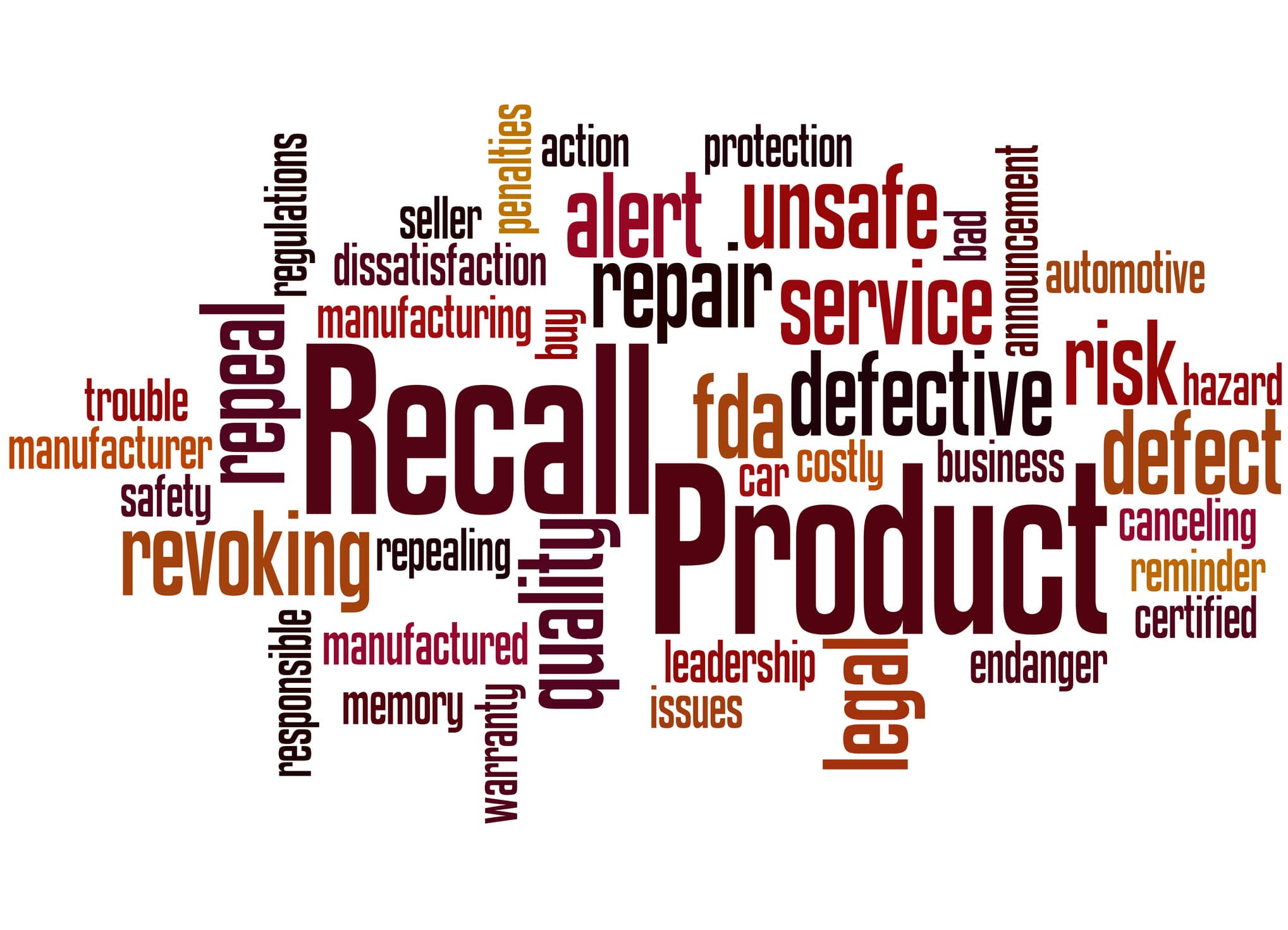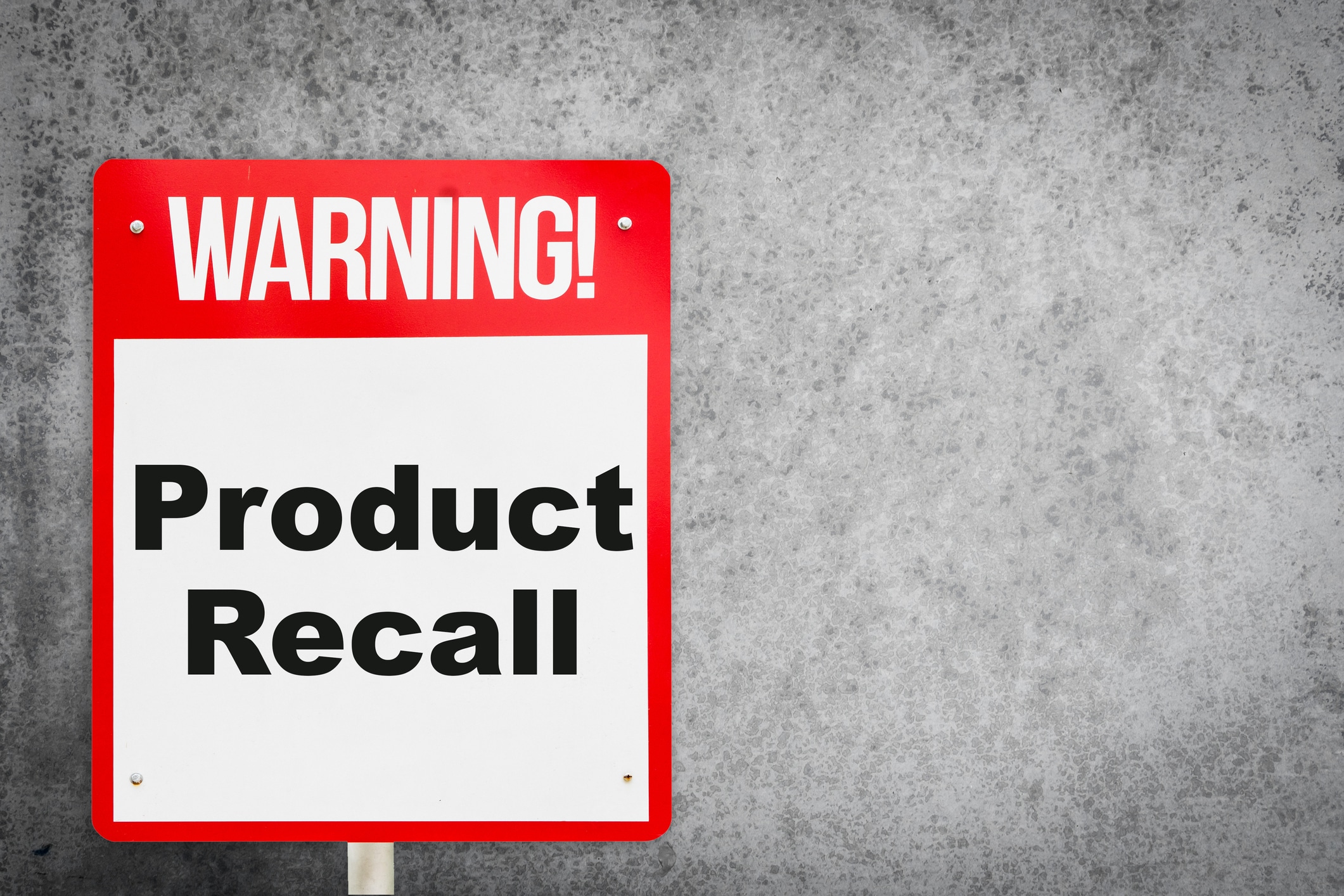Sometimes, a product you bring into your home, something you use every day, might turn out to have a little something wrong with it, something that could even cause harm. It's a thought that can make anyone pause, yet there are systems in place to help look out for us, to make sure that when things go awry with items we buy, we get the information we need to stay out of trouble.
This whole idea of a "product recall" is, you know, a way for companies to say, "Oops, our bad, there's a problem with this item," and then ask for it back. It happens when something is found to be not quite right, perhaps a flaw that could put someone in a spot of bother, or maybe even create some risk for the company that made or sold it. It's all about making things right and keeping everyone on the safe side, as a matter of fact.
To help the people of America know about items that might be unsafe, or perhaps a bit faulty, a collection of six government bodies, each with their own areas of focus, have come together. They work to give us better service in letting us know about items that could be dangerous, or just plain not working as they should. It's a pretty big effort, really, to make sure we're all kept in the loop.
Table of Contents
- What's a Product Recall Anyway?
- Why Do We Have Product Recalls?
- Who Watches Out for Product Recalls?
- The Role of Agencies in Product Recall Alerts
- How Do I Find Out About a Product Recall?
- Searching for Product Recall Information
- What Kind of Product Recall Issues Pop Up?
- Real-World Product Recall Examples
- Are All Product Recalls Publicly Announced?
- What Should You Do About a Product Recall?
What's a Product Recall Anyway?
At its core, a product recall is, well, a request from the company that made something for you to send it back. This call to action happens after they find out about some kind of problem with the item. It could be a safety concern that might put the person using it in harm's way, or perhaps a flaw in the item itself that could cause trouble for the company that created it or the store that sold it. It’s a way of saying, “Let’s fix this before anyone gets hurt,” or, “Let’s prevent any more issues,” which is pretty much the point, you know.
Think of it as a protective measure, a way to pull back items that aren't quite right from people's homes. This could involve anything from toys with small pieces that might come loose, to kitchen appliances that could overheat. The aim is always to keep people safe and to prevent any further problems from cropping up. It's a pretty serious business, actually, when a company decides to pull its items from the market like this.
Why Do We Have Product Recalls?
The main reason we have these product recalls is, quite simply, to keep people safe. When an item has a defect or a safety issue, it can pose a real risk to anyone using it. Imagine a child’s toy with a part that could break off and be swallowed, or an electrical item that could spark. These are the sorts of situations that make a recall absolutely necessary. It's about preventing injuries, sometimes even very serious ones, or worse, so.
- Largest Street Gang In America
- Population Of Nairobi
- Maddie Smith
- Neil Obrien Conan Brother
- Avi Babyyyy Bio
Beyond protecting the public, recalls also shield the companies themselves. If a product causes harm, the company that made it or sold it could face a lot of difficulties, including legal issues and a loss of trust from their customers. So, by initiating a recall, they're taking responsibility and trying to fix the situation, which, you know, helps everyone in the long run. It’s a way to maintain faith in what they sell, and, in a way, show they care about their buyers.
Who Watches Out for Product Recalls?
You might wonder who keeps an eye on all this, who makes sure that when something goes wrong, we hear about it. Well, it's not just one group. To give people better warnings about items that are not safe, or perhaps a bit risky, six different government bodies have come together. These agencies, each with their own distinct areas of authority, have joined forces to create a combined effort. This means they can share information and work together to get the word out more effectively, which is really quite clever, when you think about it.
One of the key players in this group is the Consumer Product Safety Commission, often called the CPSC. They are a big part of making sure that everyday items you buy for your home are safe. Their announcements are a common way for the public to learn about items that need to be returned or handled with care. They act as a central point for a lot of this important safety information, you see, helping to connect the dots for everyone.
The Role of Agencies in Product Recall Alerts
These various government groups play a very active part in getting the word out about product recall situations. They work to collect details from manufacturers and then spread that news to the public. Sometimes, a company will voluntarily recall an item, meaning they decide on their own to pull it back. Other times, an agency might require a company to issue a recall if they find a serious problem. It’s a collaborative effort, actually, between the makers of things and the people who watch over public safety.
Their work involves a lot more than just making announcements. They set standards for products, investigate incidents where people get hurt, and work with companies to make sure that items are safe before they even hit the shelves. This collective action helps create a safety net for all of us, ensuring that if something slips through, there’s a system to catch it and let us know. It’s pretty much about staying ahead of potential problems, in a way.
How Do I Find Out About a Product Recall?
So, with all these items out there and all these groups watching over things, how do you actually find out if something you own has been called back? It’s a pretty fair question, you know. Luckily, there are resources available that gather all this information in one spot, making it easier for you to check. You don't have to go digging through countless different websites; some places bring it all together for your convenience, which is really quite helpful.
One such resource is a place called Recall.report. This website acts as a big collection of both the mandatory and voluntary product recalls happening in the United States. It's like a central library for all these safety notices, giving you a straightforward way to look up information. It's a good spot to check if you're ever curious about an item you have, or perhaps something you're thinking of buying, so.
- Happy Birthday Letter To Friend
- Worst Nfl Fan Base
- Safaricom Share Price Today
- Good Pick Up Lines For Women
- What Did Anfisa Do For A Living


